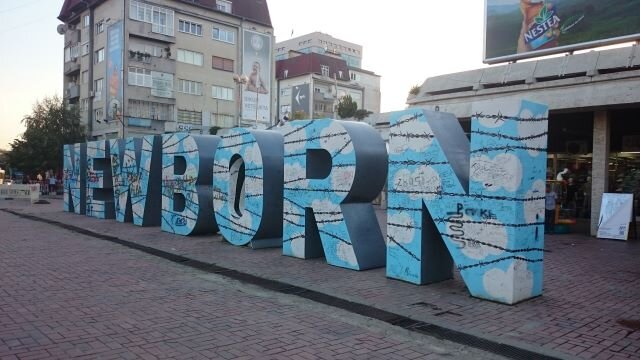
De facto states research unit
Exploring Dynamics of “Frozen Conflicts” through Actor-based Interactions
Project funded by Estonian Research Council Grant No. PRG1798, 2023-2027
“Frozen conflicts” has been an oft exploited phrase by policymakers and the media in reference to those unresolved conflicts where possibility for violence remains. It refers to situations where the adversaries have become locked in a stand-off because no party is willing or able to unilaterally change the status quo. In this way, the conflict “freezes” with the ceasefire agreement (the Western Sahara War 1991, the Transnistrian conflict 1992, the Georgian-Abkhaz conflict 1993, the First Karabakh War 1994, the War in Donbas 2015), or where parent state was forced to accept new reality on the ground (retreat of Chinese nationalists to Taiwan 1949, the Turkish intervention in Cyprus 1974, the Somaliland War of Independence 1991, NATO operation Allied Force in Kosovo 1999).
As frozen conflicts are tightly connected with the occurrence of de facto states – sovereignty claimants supported by external powers, then with this project we aim to situate, explore, and explain the role of de facto states and other actors in shaping the conflict dynamics. Hence, the overarching question the project tackles is: what factors determine the trajectories of frozen conflicts involving the issues of de facto statehood? More specifically, under what circumstances do frozen conflicts:
- remain relatively stable with “no war, no peace” status quo for long stretches of time;
- descend into renewed violent conflict; or
- come close to or achieve conflict resolution.
We aim to combine the project team’s case-based knowledge of de facto state conflicts through a cross-case comparison, and to explore and explain the conditions leading to certain outcomes. Separately, we will put into focus the issue of left-behind minorities in the conflict dynamics between parent states and de facto states.


